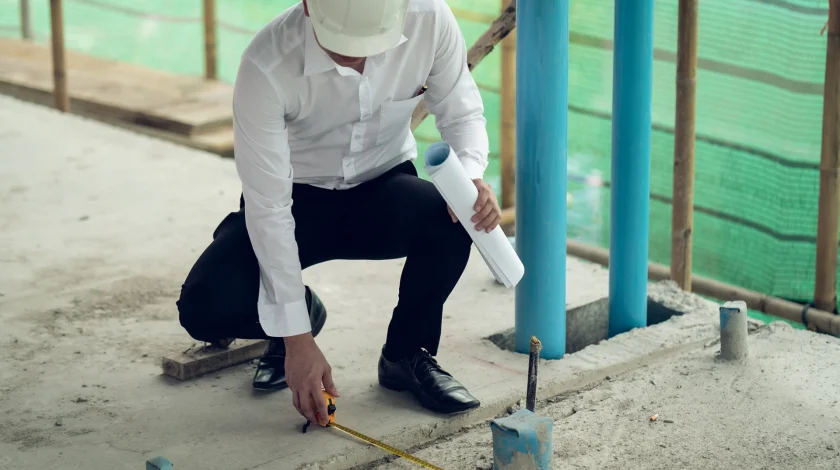Co-authored by Jace Coaldrake-Redhouse
The recent New South Wales Court of Appeal decision of Parkview Constructions Pty Ltd v The Owners – Strata Plan No 90018 has provided clarification on the application of limitation periods when homeowners or bodies corporate seek to amend existing claims when new defects arise.
The background to the appeal
The case before the Court was a claim by The Owners – Strata Plan No 90018 (the body corporate) for a large building with 286 residential apartments, and parking and storage spaces on the outskirts of the Sydney-CBD. The body corporate brought the claim against Parkview Constructions (the builder) and The Quay Haymarket (the developer).
The building was registered as a strata plan on 1 September 2014. A final occupation certificate was issued on 15 December 2014.
On 26 August 2016, the body corporate made a claim against the builder and the developer under s 18B of the Home Building Act 1989 (NSW) (HBA) in relation to 85 defects. In its claim, the body corporate alleged the existence of minor defects such as the builder retaining the key to the communication cupboards, as well as major defects.
Over the course of the following five years, the body corporate, the builder and the developer negotiated for each defect to be either rectified or otherwise resolved.
On 16 July 2021, the body corporate sought to amend its claim against the builder and the developer. This was nearly seven years after the occupation certificate had been issued. Of note, it was outside the limitation period (six years) for commencing proceedings regarding major defects under s 18E of the HBA. The body corporate wished to include, amongst other things, three additional defects which had not been previously listed in its original claim. Those additional alleged defects were that:
- The external façade of the building didn’t meet the requirements of the Building Code of Australia, and used materials that presented an undue risk of fire spread;
- Coatings applied to the inside of glass windows had prematurely deteriorated and detached; and
- The stair pressurisation systems installed in the two towers and the carpark failed to meet the performance requirements of the Australian Standards.
The primary judge found that the body corporate was at liberty to amend its claim to incorporate these new defects without being prevented by the six-year limitation period.
The subject of the Appeal
The issue before the Court was whether:
- the proposed amendment of the claim to include the new defects was a new cause of action. If so, this would mean that the body corporate was statute barred by the limitation period for major defects under s 18E of the HBA; or
- whether the new defects formed part of the existing cause of action.
The findings
His Honour Leeming JA (Ward P and Simpson AJA agreed) dismissed the appeal on the amendment point. He found that the new defects formed part of the body corporate’s existing cause of action. Leeming JA agreed with the primary judge and allowed the proposed amendment of the body corporate’s claim to incorporate the new defects.
In his reasoning, His Honour Leeming JA relevantly noted:
- Causes of action under the statutory warranties in s 18B of the HBA are really claims for breach of contract;
- Where a party is suing on the statutory warranties in s 18B of the HBA, the proceeding is for breach of a single contract (actual or deemed) against that party; and
- Each defect identified in a building dispute is not its own cause of action. The defects together can constitute a single cause of action for breach of one or more of the statutory warranties implied into the contract.
What this means for you
The law relating to defect limitation periods in respect of residential building contracts is continually being updated and amended. If you’re a homeowner or body corporate, it is important to know when limitation periods apply to claims you may have against a builder or a developer. If you are a builder or a developer, it is imperative that you understand your obligations in respect of defects and when causes of action expire (or don’t) under the law.
For assistance understanding the statutory warranties and how they may apply to your project or building, contact the Building & Construction Law team at Coleman Greig Lawyers.















